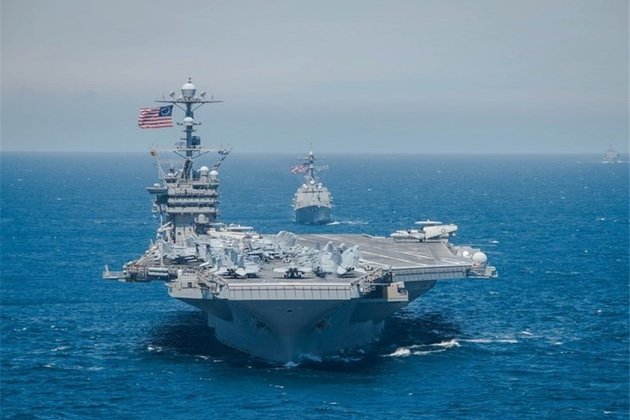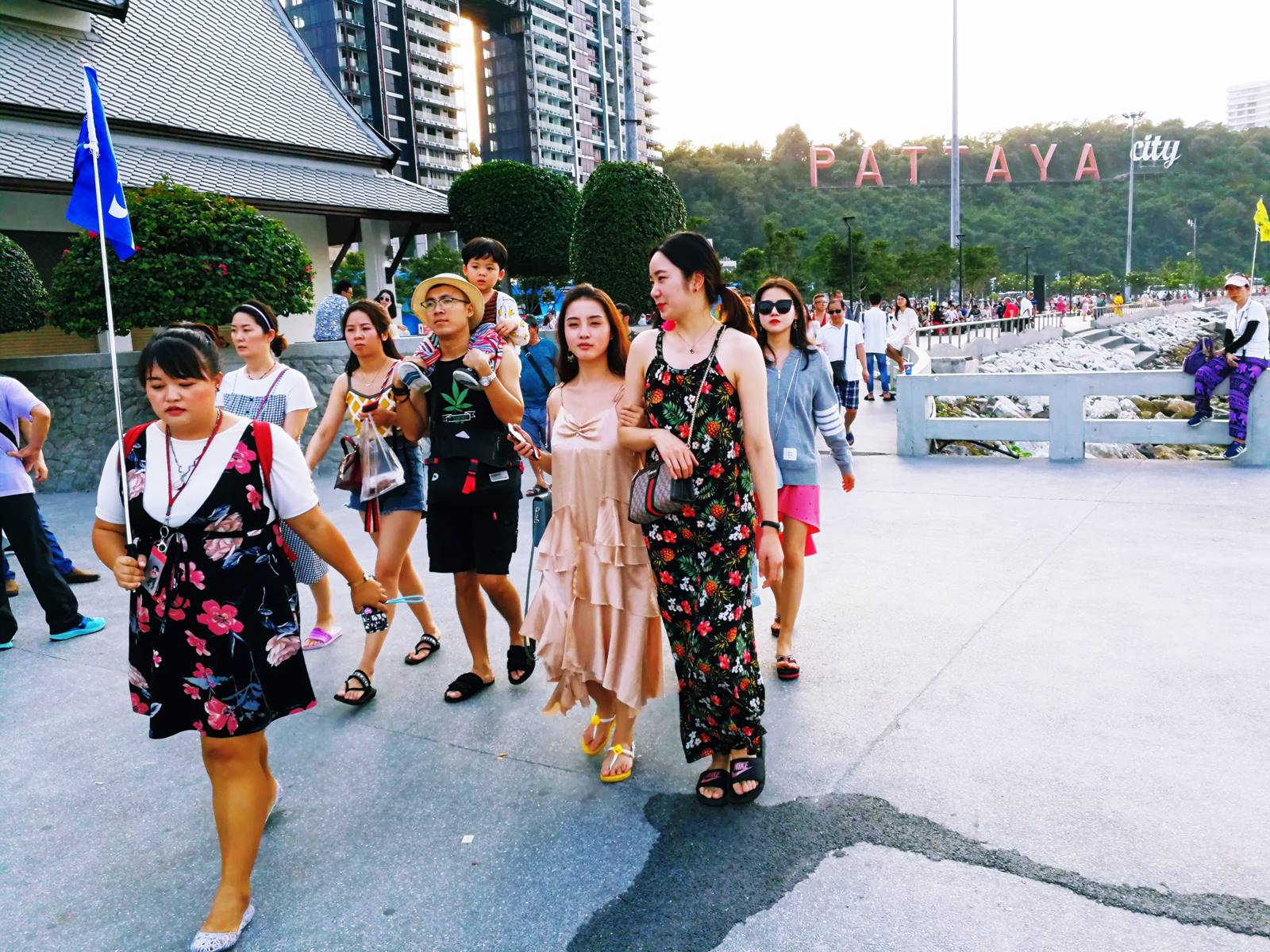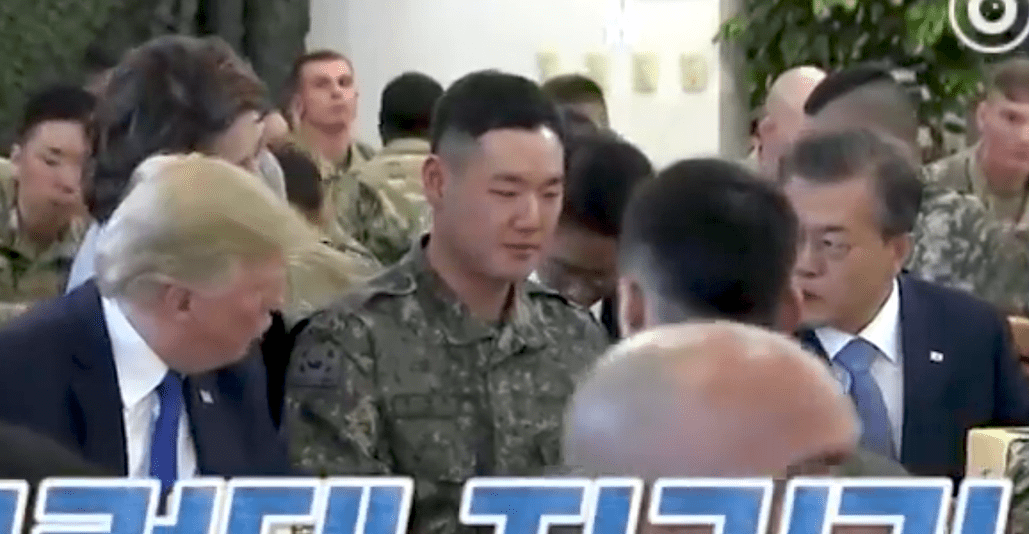Politics
China’s Libya Problem
The Arab Spring hasn’t been kind to China – it has drawn significant international criticism for its decision to veto U.N. Security Council resolutions censuring Syria’s brutal crackdown on peaceful protesters demanding increased freedoms.But it’s in Libya where China is most likely to feel the economic pains of its rigid foreign policy.Beijing’s refusal to support the rebels who toppled Muammar Gaddafi during an eight month revolution will adversely affect China’s future dealings in Libya.The fact is that the challenges facing China in Middle Eastern countries such as Libya and Syria will force decision-makers to reconsider how their support for teetering authoritarian regimes affects their regional business interests.
The Arab Spring hasn’t been kind to China – it has drawn significant international criticism for its decision to veto U.N. Security Council resolutions censuring Syria’s brutal crackdown on peaceful protesters demanding increased freedoms.But it’s in Libya where China is most likely to feel the economic pains of its rigid foreign policy.Beijing’s refusal to support the rebels who toppled Muammar Gaddafi during an eight month revolution will adversely affect China’s future dealings in Libya.The fact is that the challenges facing China in Middle Eastern countries such as Libya and Syria will force decision-makers to reconsider how their support for teetering authoritarian regimes affects their regional business interests.
Unlike Western powers such as France and Britain, China was reluctant to support Libya’s rebels when they asked the international community to intervene military last March. It abstained from a Security Council resolution authorizing “all necessary measures” to protect civilians. Later that month, Chinese President Hu Jintao told French President Nicolas Sarkozy that he should “give peace a chance.”Official Chinese media outlets described the revolution as “foreign military intervention” leading to “war and chaos.”Chinese correspondents were reportedly prohibited from using the word “revolution” in their dispatches from Libya.Despite refusing to support the rebels, Beijing initiated contact with their interim government, known as the National Transitional Council (NTC), in the spring through its embassies in Egypt and Qatar. Relations between China and the NTC reached a nadir in September just after the rebels took Tripoli.
Read the original:
China’s Libya Problem
Politics
US Navy Carrier Conducts Exercises in South China Sea

TEHRAN (Tasnim) – A US Navy aircraft carrier conducted exercises in the contested South China Sea on Friday, the US navy said in a statement. –
A strike group led by the USS Ronald Reagan conducted flight operations and high-end maritime stability operations and exercises, the statement said, Reuters reported.”Integration with our joint partners is essential to ensuring joint force responsiveness and lethality, and maintaining a free and open Indo-Pacific,” US Navy Commander Joshua Fagan, Task Force 70 air operations officer aboard USS Ronald Reagan, was quoted as saying.The drill comes amid heightened tensions between the United States and China.
Washington has criticized Beijing over its novel coronavirus response and accuses it of taking advantage of the pandemic to push territorial claims in the South China Sea and elsewhere.The United States has long opposed China’s expansive territorial claims in the South China Sea and has sent warships regularly through the strategic waterway.China has objected to such exercises and said the US rejection of its claims in the South China Sea has raised tension and undermined stability in the region.China claims nine tenths of the resource-rich South China Sea, through which some $3 trillion of trade passes a year. Brunei, Malaysia, the Philippines, Taiwan and Vietnam have competing claims.
Politics
How China is using tourism for geopolitical goals
The Chinese government has a degree of leverage over its tourists that other governments do not enjoy. Many Chinese tourists are new to international tourism and have limited international language abilities

Decades of astonishing economic growth have given China new tools for extending its influence abroad and achieving its political goals.
(more…)






